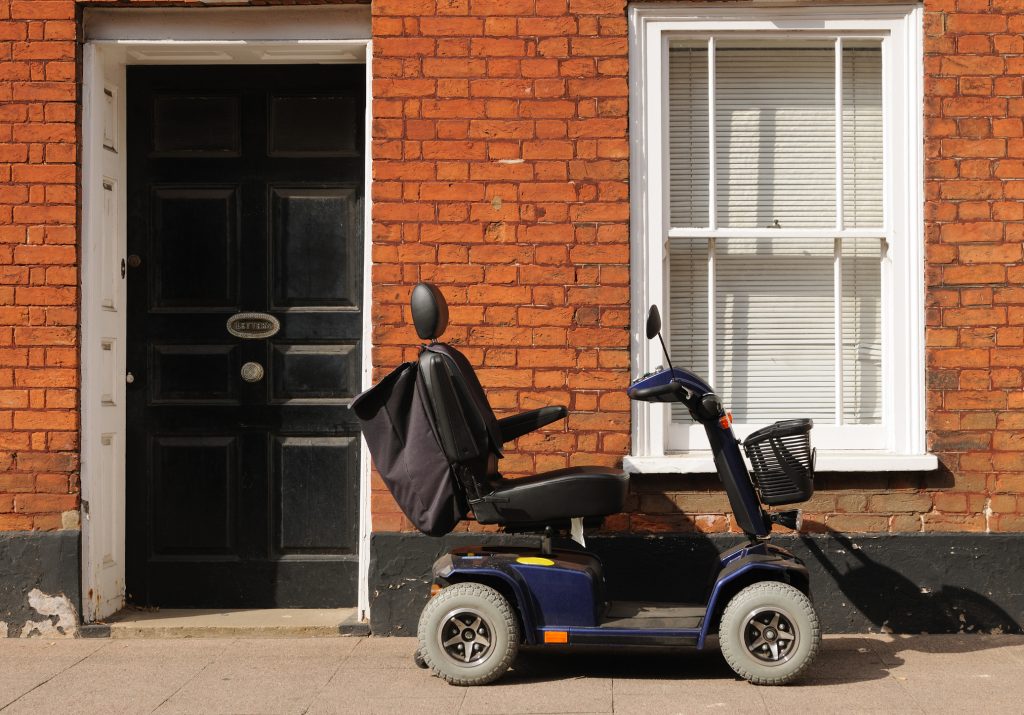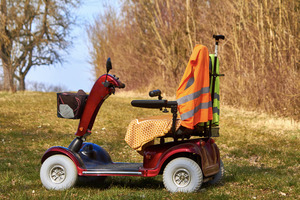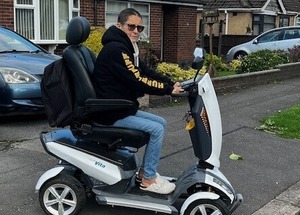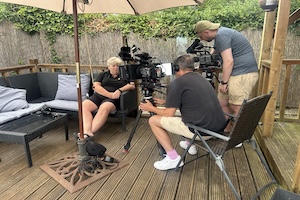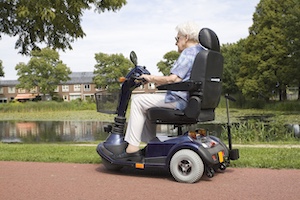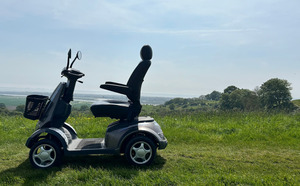As a mobility scooter user, it’s important to understand your accessibility rights when navigating public spaces. In the UK, these rights are protected and governed by various laws and regulations that ensure individuals with disabilities have equal access to services and facilities.
The key legislation addressing accessibility rights in the UK is the Equality Act 2010.
The Equality Act ensures that service providers, employers, and public bodies take reasonable steps to accommodate individuals with disabilities, including those who rely on mobility scooters for independent living.
By familiarising yourself with your rights under the Equality Act, you’ll be better equipped to ensure your needs are accommodated and your experience in accessing public spaces can be as seamless as possible.
Understanding Accessibility Rights
In the UK, there are two primary pieces of legislation that protect individuals with disabilities, including mobility scooter users.
Disability Discrimination Act
The Disability Discrimination Act (DDA) was introduced in 1995 to provide legal protection against discrimination for people with disabilities in various aspects of life, including employment, education, and access to goods and services. As a mobility scooter user, the DDA ensured that you had:
- Reasonable adjustments in the workplace to accommodate your needs.
- Equal access to education by providing adjustments or auxiliary aids.
- Protection against being treated unfairly due to your disability.
Equality Act 2010
In 2010, the Equality Act replaced the DDA and further strengthened the rights of individuals with disabilities. The Act consolidated multiple anti-discrimination laws into one single piece of legislation. Under the Equality Act, as a mobility scooter user, you have the right to:
- Be treated fairly and not be discriminated against in areas such as employment, education, and property transactions.
- Request reasonable adjustments from service providers, such as shops or restaurants, to ensure that you have equal access to their goods and services.
- Receive adjustments from employers, ensuring that you are not disadvantaged due to your use of a mobility scooter.
It’s crucial to understand your accessibility rights as a mobility scooter user. These laws protect you from discrimination and provide guidelines for equal access to various aspects of public life.
Public Transport
Under The Equality Act 2010, mobility scooter users have the same rights as other passengers when using public transport. This means that bus, train, and tram operators must make reasonable adjustments to their services to accommodate your needs.
By law, operators are required to provide designated wheelchair spaces, assistance with boarding and alighting, and accessible information about routes and timetables.
Only Class 2 scooters can be taken on public transport, and they must be no more than 600mm wide and 1000m long.
Driving
Mobility scooters come in two categories: Class 2 and Class 3.
Class 2 are only permitted on the pavement, with a 4mph speed limit. They must give right of way to pedestrians, when necessary.
Class 3 may be used on the road too, with an 8mph speed limit applied there. They must follow all the usual rules of road traffic.
Mobility scooter insurance is not compulsory, but the government do recommend it.
Private Businesses
Private businesses in the UK are required to make reasonable adjustments for customers with disabilities under The Equality Act 2010. This includes providing ramps, lifts, and accessible facilities.
If you’re going to a restaurant, shop or other private businesses using your mobility scooter, they have a legal responsibility to ensure you have equal access to their premises and services. If you feel a business hasn’t met their obligations towards you, you can report the issue to the Equality and Human Rights Commission.
Services
Accessibility rights also apply to public services, such as hospitals, schools, and libraries. These establishments must make necessary adjustments to accommodate your mobility scooter, and ensure you can access their services just like anyone else.
Remember, as a mobility scooter user, you have rights that protect your access to public and private spaces, ensuring you can maintain your independence and quality of life.
Filing a Complaint
If you believe your rights as a mobility scooter user have been violated, you can file a complaint against the responsible party. Start by documenting the incident, including details such as the date, time, location, and persons involved. Gather any evidence, such as photographs or witness statements, to support your claim.
Next, identify the appropriate authority to handle your complaint. For instance, if it’s a public place or service, you might contact your local council or the Equality Advisory Support Service.
In case of a private business or service provider, you should first approach their customer service department and follow their complaints procedure. If they fail to address your concerns, you may escalate your complaint to the relevant regulatory body or ombudsman service.
Seeking Legal Advice
Sometimes, filing a complaint might not be enough to resolve the issue, and you may need expert legal advice to understand your rights and options. You can consult a solicitor specialised in disability and discrimination law to help you navigate the situation.
Additionally, various organisations offer free or low-cost legal advice to people with disabilities. Some of these include Disability Law Service and Citizens Advice. They can guide you on whether you have a valid claim and, if necessary, how to proceed with legal action.
By knowing your rights and taking appropriate action, you can better advocate for yourself and your accessibility needs.
Remember that, at Surewise, we offer comprehensive insurance for mobility scooters from only £3.80 per month, giving you precious peace of mind in case of any unexpected incidents.


